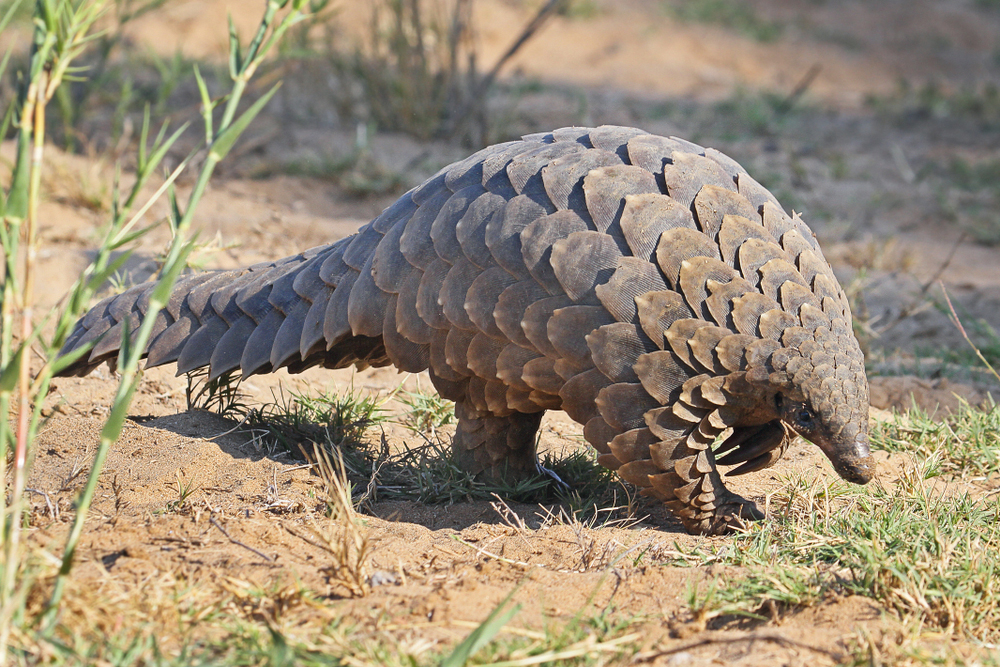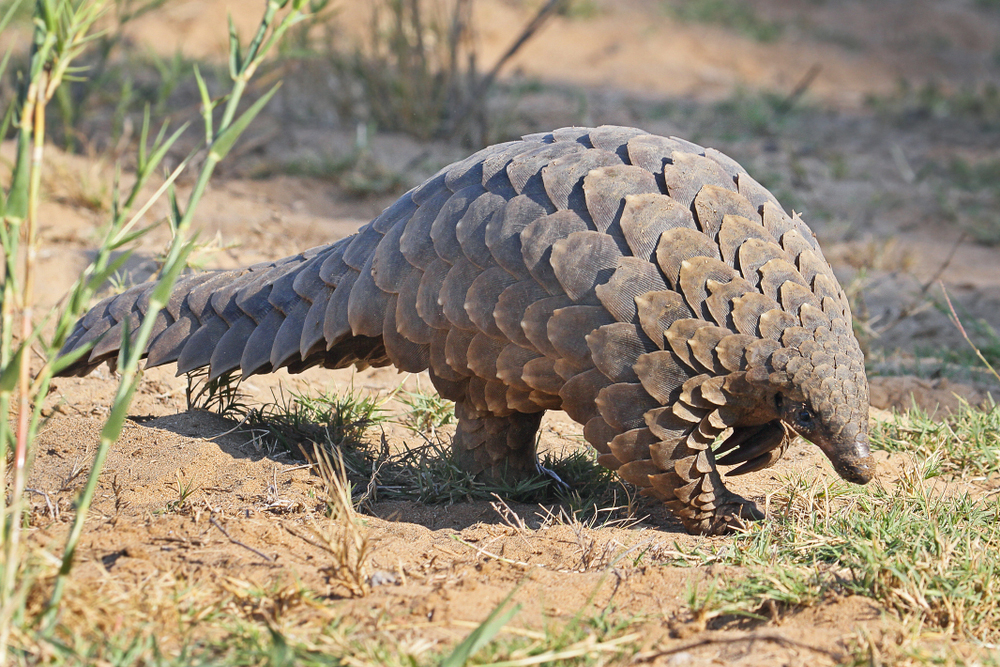Mike Pompeo, the US secretary of state, has run afoul of the language police. He called the coronavirus the “Wuhan virus”. When challenged about this criminal violation of linguistic propriety, he just said it again. The World Health Organization was shocked. I know how Pompeo must feel, because my innocent suggestion that we call it the ‘Pangolin Balls Erectile Dysfunction Chinese Wet Market Virus’ got an equally hostile reception. It broke the WHO’s rules on naming new human infectious diseases.
The WHO guidelines, issued in 2015, say that names must avoid geographic locations (Middle East Respiratory Syndrome), people’s names (Creutzfeldt-Jakob disease), species of animal or food (swine flu, monkey pox), cultural or occupational references (legionnaires’ disease), and terms that incite fear (‘fatal’ or ‘epidemic’). So you may die of it, but nobody’s feelings will be hurt. Covid-19 may be boring, but at least nobody will think it has anything to do with China. In reality, however, everybody knows that China made a mess of this.
First of all, the Chinese cultural tradition of blaming the messenger, reinforced by the communist party’s hierarchical structure, delayed public acknowledgement that there was a dangerous virus active in Wuhan. The mayor of Wuhan, Zhou Xianwang, admitted that he had delayed taking public action to slow the spread of the virus. Why? Because local government had to get permission (from communist party headquarters) before disclosing information about the virus.
Secondly, the Chinese version of the internet is now seething with stories about how the United States of America developed the virus in its secret labs and deliberately planted it in China. There are conspiracy theorists everywhere, but in China the hundreds of thousands of censors who man the Great Firewall instantly take down posts that deviate from the official line. They aren’t doing it this time, which tells you all you need to know.
Indeed, while the Communist Party of China initially accepted that the outbreak began in China, denial is growing even in official statements. The Chinese foreign ministry spokesman, Zhao Lijian, complained that by calling the outbreak ‘China virus’ or ‘Wuhan virus’ “and thus suggesting its origin without any supporting facts or evidence, some media clearly want China to take the blame and their ulterior motives are laid bare”. The Chinese military’s online portal, Xilu.com, published an article claiming that the virus is “a biochemical weapon produced by the US to target China”. But behind all the bluster and denial, China is actually doing the right thing.
Folklore, superstitions and old wives’ tales abound in every culture, but beliefs about the power of ‘jinbu’ are unique to China, and explain why eating specific wild animals plays a major role in traditional Chinese medicine. The exotic meat ‘fills the void’, allegedly enhancing sexual performance in men and beauty and fertility in women. Small wild animals are often the intermediaries that transmit the new coronavirus to people. The ground-up scales of pangolins supposedly cure cancer and asthma, but are also implicated in passing the Wuhan virus to human beings. Palm civets, suspected of having transmitted the SARS virus to humans, are said to cure insomnia when stewed with snake meat.
China’s ‘wet markets’ sell a wide variety of these animals. China is not the only source of new viral diseases, but it certainly produces more than anywhere else. Yet, in all the previous epidemics, the Chinese regime did not dare to shut down the trade in wild animals. Popular belief in jinbu was just too strong. Now it has finally done it. All the enterprises breeding wild animals were shut down permanently, markets have been forbidden to sell them, and even eating them has been banned. They’re closing the barn door after the horse has escaped, you might say, but it will help a great deal in the future.












